Where are the Most Active Blockchain Developers Working in 2025?
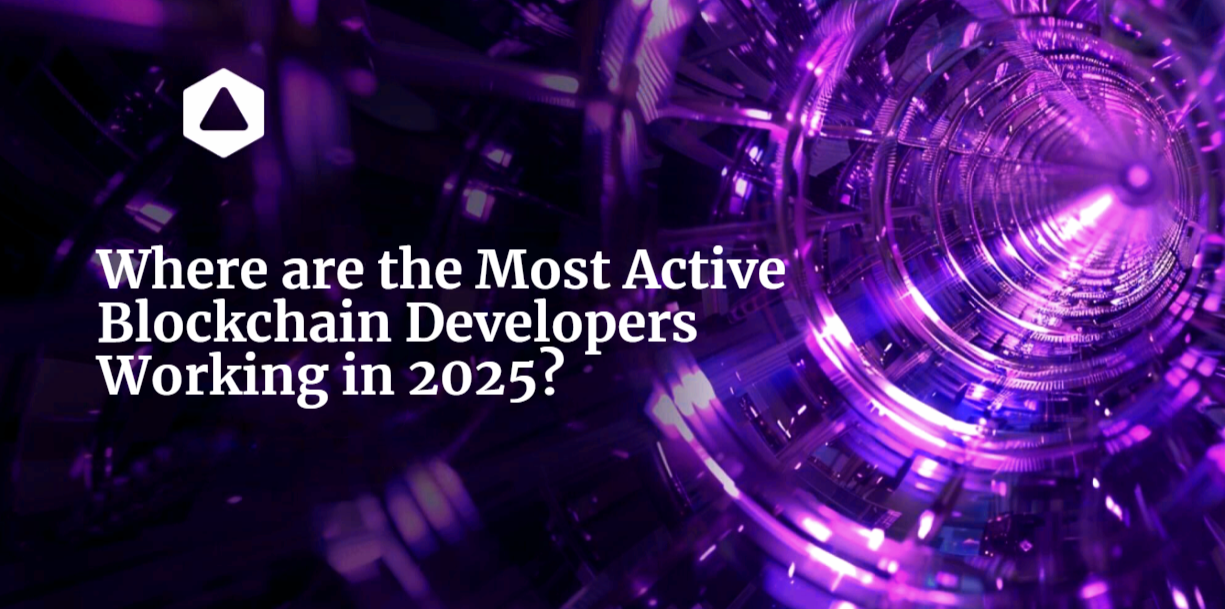
Developers' activity has long been one of the most reliable indicators of a blockchain's future success. While we are in a multi-chain era, Ethereum still continues to dominate these activities, offering a proven playbook for success other chains can follow.
This article provides the 2025 developer report, highlighting the blockchains leading the charge, the factors behind their success, and how Bitfinity is bridging Ethereum's powerful EVM with Bitcoin to position it as a formidable contender in this race.
State of Blockchain Developers 2025
According to data from Electric Capital and the Ethereum Foundation, the state of blockchain developers in 2025 can be analyzed across two metrics: new developers and the total active developers.
New Developers
This metric tracks the growth and attractiveness of an ecosystem, representing the new talent entering it. According to the data:
- Ethereum ranks first, having attracted over 16,000 new developers between January and September 2025.
- Solana follows closely, attracting over 11,500 new developers in the same period.
- Bitcoin comes third, recording over 7,400 new developers.
Rounding out the top contenders are established players like Polygon, Stacks, Sui, and the Internet Computer (ICP), as shown below. 👇
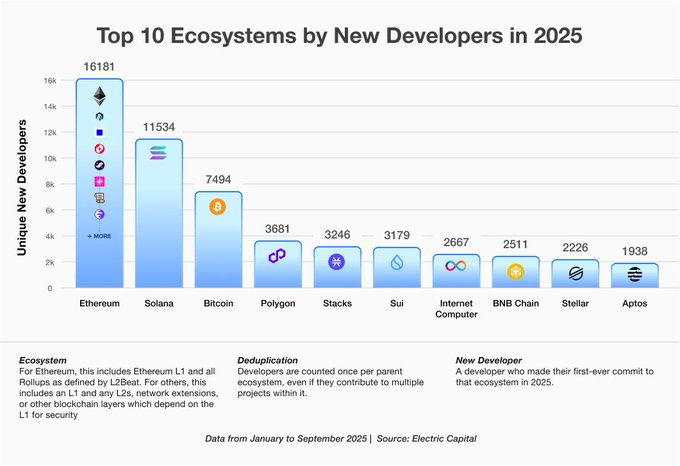
In 2024 Solana surpassed Ethereum in new developer growth breaking its 8-year reign held since 2016. Notably, Solana still holds the two-year record of the fastest-growing ecosystems, with builder interest increasing by 61.7% in the past two years, compared to 6.3% for Ethereum.
Total Active Developers
This metric reflects the number of developers who are currently or regularly contributing to an ecosystem. The biggest three also dominate here, where:
- Ethereum has the largest active developer base overall, at over 31,800.
- Solana follows with over 17,700 total active developers.
- And Bitcoin comes third, with a total active base of over 11,000.
Polygon still falls in fourth place, this time followed by Sui, BNB Chain, and so on, as shown below. 👇
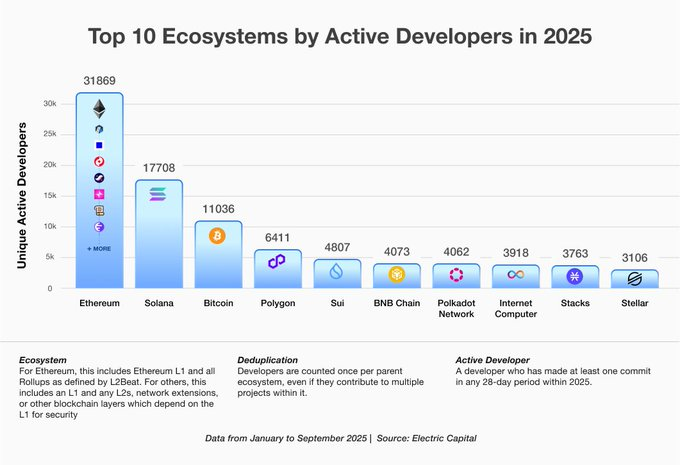
The data for the Ethereum ecosystem includes the Ethereum layer 1 network along with layer 2 networks.
From the two metrics, it is quite clear that Ethereum continues to dominate the whole developer activity, a trend also confirmed by other major industry analyses, such as a16z's 'State of Crypto 2025' annual report.
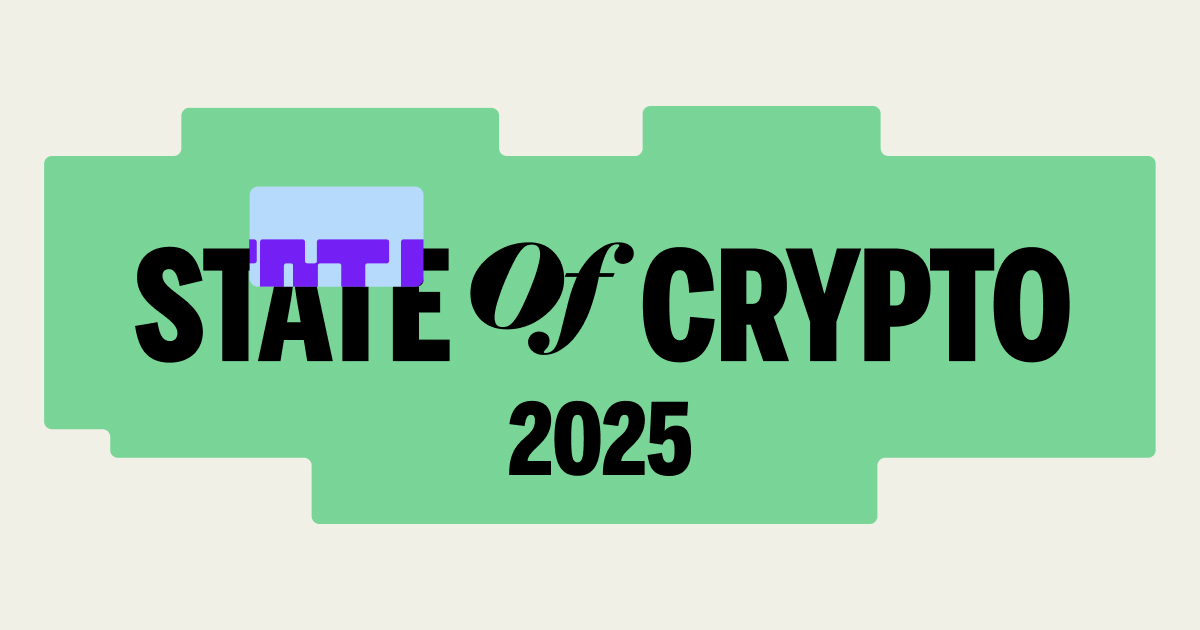
But how does Ethereum continue to dominate? Let's find out…
The Secret of a Winning Ecosystem
If Ethereum was to reveal the secret behind it pulling such a number of developers, perhaps these are some of the things that would set it apart from those in Bitcoin:
Established Developer Tools 🛠️
Building in Web3 is a complex process, and developers will always go where the environment is made smooth. One way to achieve this is through development tools that make it easier to build, test, and deploy new products.
Ethereum is a gold standard here; it provides a complete toolbox with tools that simplify the most tedious and error-prone steps for you. Examples include Foundry and Hardhat for simplified smart contract development and testing, MetaMask for wallet interaction, Infura for reliable nodes and API access, and many more.

On its side Bitcoin also supports a number of development tools, it lacks tools for smart contracts development and so on since most of these activities happen in its layer 2 solutions like Bitfinity as we will see later. However it has libraries and low-level tools like Bitcoin Dev Kit (BDK) for building cross-platform Bitcoin wallets and Bitcoin Core RPC API used by developers to broadcast transactions and get network information.
Quality Resources 📚
Also important is an accessible learning path.
Ethereum sets a high bar here with its developer resources, which provide a builders manual with everything you need to learn and build on-chain. In addition, its educational platforms like SpeedRun Ethereum and CryptoZombies offer interactive, beginner-friendly learning for developers.

Bitcoin also has quality guides about its protocol and related specifications. However, these are not manuals on how to start developing in Bitcoin but instead documents explaining the technicalities of the protocol in sectors like mining, transactions and so on. In addition, it does not have established educational platforms like those listed in Ethereum's resources but only third party programmes offer such and most of them focus on teaching scalability solutions.
Community and Industry Support 🤝
Ethereum understands the power of support and therefore has a hackathon culture to onboard hundreds of builders to its community. This is done through ETHGlobal, an event accompanied by large prize pools or incubation programs for winning teams, networking with peers, and enterprise partnerships.
Apart from hackathons, Ethereum also offers developers grants via its Ecosystem Support Program (ESP). This body of the Ethereum Foundation is meant to fund builders creating public goods for the Ethereum ecosystem. Application is done directly through their application page and if approved you sign a grant agreement and begin work. For instance through this body the Ethereum Foundation has distributed more than $40 million in Q1 and Q2 2025.
Support on the Bitcoin side is based on community and private organizations since there is no central body like the Ethereum Foundation. A hackathon culture also exists together with protocol discussions found in mailing lists and forums like the Bitcoin Forum. On funding organizations like Brink offer a grant programme meant to support and incubate new contributors to Bitcoin.
Foundational Design 🧱
For Ethereum, its design presented it with a building engine, the EVM. This engine has grown to become the preferred environment for developers due to compatibility across multiple chains.
To add to this, Ethereum's foundational design is built on a forward-looking roadmap detailing upgrades to continually improve performance.
While Bitcoin's design lacks a native building environment due to its focus on security and decentralization, the success of the EVM has proven its necessity. And Bitfinity has lent a helping hand…
The Paradigm Shift: EVM on Bitcoin with Bitfinity
For years, a gap existed between Bitcoin and the rich developer environment of the Ethereum Virtual Machine. To build on Bitcoin required niche skills, leaving the vast community of EVM developers on the sidelines. But this changed when Bitfinity arrived...
Bitfinity is a blazingly fast, next-generation EVM that serves as a layer two for Bitcoin and other on-chain Bitcoin assets. It provides the Ethereum development experience with layer-2-like speed and scalability on Bitcoin. In simple terms, developers can deploy smart contracts written in Solidity directly onto a layer that settles on Bitcoin.
Now that Bitfinity has created this connection, developers can use their entire EVM toolbox to build on Bitcoin. This opens the door for Bitcoin to onboard a large number of developers to bring battle-tested DeFi protocols and innovative dApps to its user base and capital pool.
Built on ICP, Bitfinity also boasts speeds of up to 1000+ transactions per second and 1-2 second finality.
Conclusion
The developer landscape of 2025 is clearly multi-chain, with one in three crypto developers now working across multiple chains. Yes, the EVM is winning the hearts of many developers, but the choice for builders is no longer about one chain versus another—it's about combining strengths.

Connect with Bitfinity Network
Bitfinity Wallet | Bitfinity Network | Twitter | Telegram | Discord | Github

*Important Disclaimer: The information provided on this website is for general informational purposes only and should not be considered financial or investment advice. While we strive for accuracy, Bitfinity makes no representations or warranties regarding the completeness, accuracy, or reliability of the content and is not responsible for any errors or omissions, or for any outcomes resulting from the use of this information. The content may include opinions and forward-looking statements that involve risks and uncertainties, and any reliance on this information is at your own risk.
External links are provided for convenience, and we recommend verifying information before taking any action. Bitfinity is not liable for any direct or indirect losses or damages arising from the use of this information.



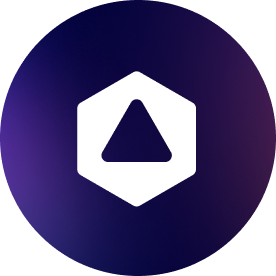

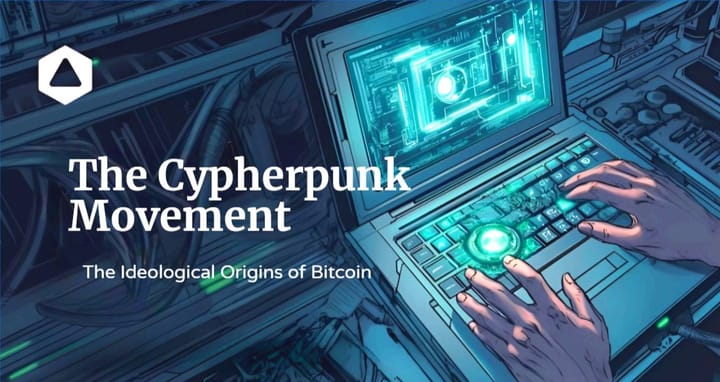
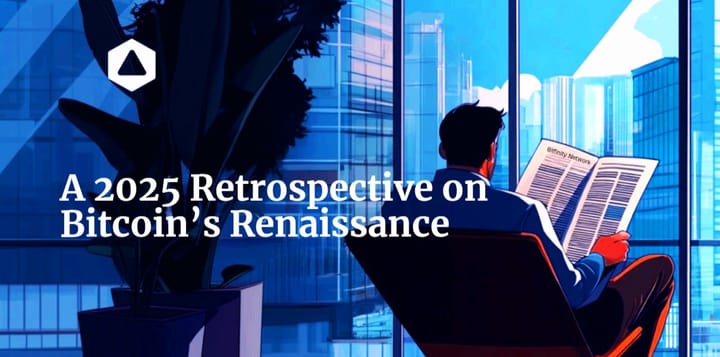
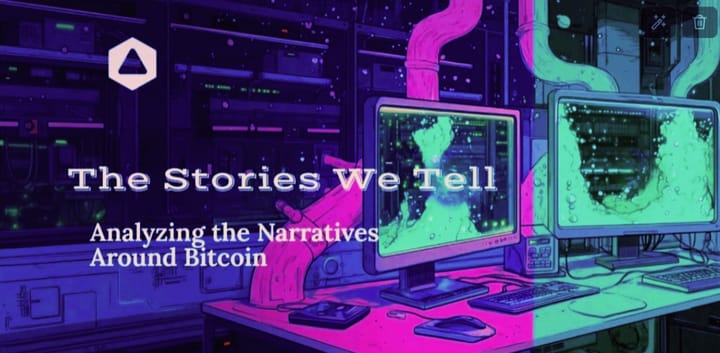
Comments ()